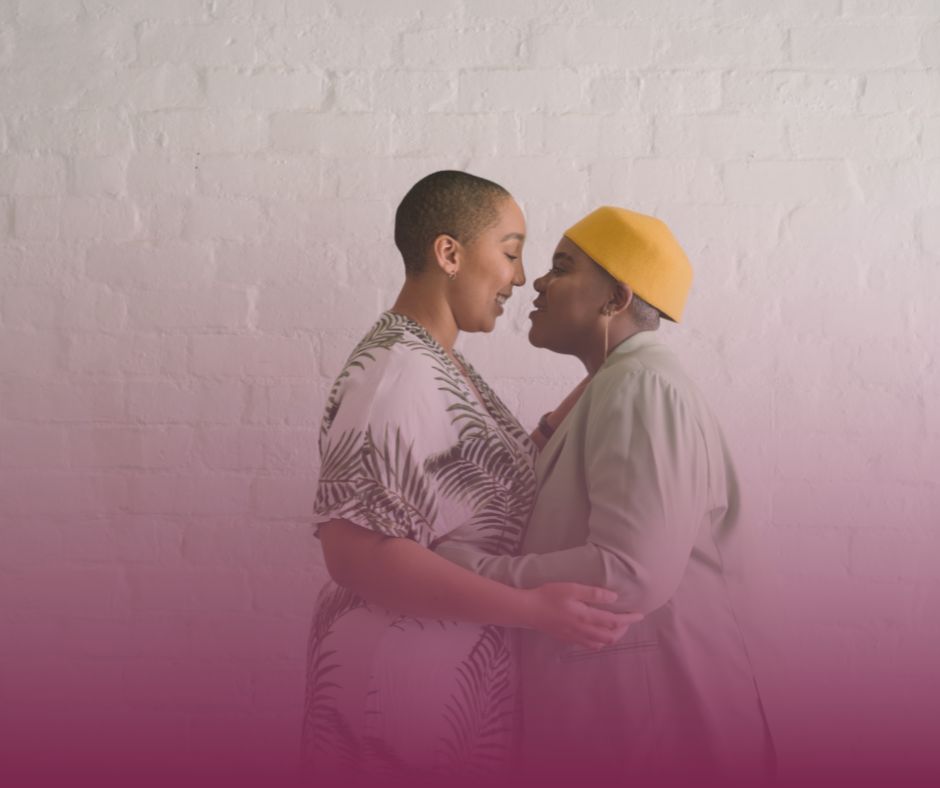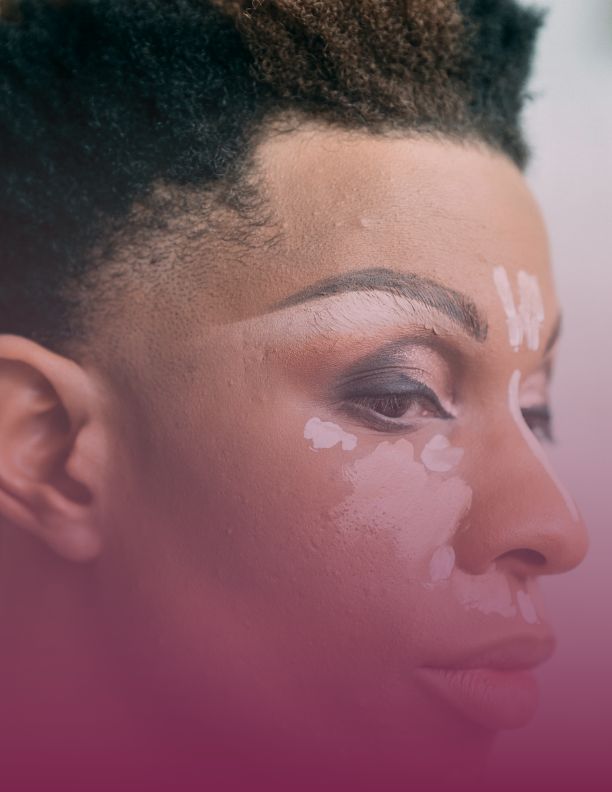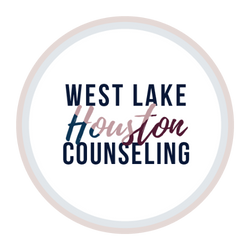Overcome obstacles and embrace your true identity
There are many cultural factors to consider for people who come out as LGBTQ. These factors become barriers when a person feels the pressure to hide or conceal an aspect of their identity for the sake of belonging.
These barriers might stem from the larger society, from religious beliefs, and/or family expectations. Coming out means that an individual must face judgment or even rejection from the people in their lives, which can be very difficult to overcome. Furthermore, there might also be certain laws in place that make it difficult or even illegal for someone to express their identity. All of these factors can make coming out as LGBTQ an incredibly challenging process, and one which requires a lot of resilience and bravery. Ultimately, the barriers are there to be broken down in order for individuals to live authentically and proudly.


There are aspects of religion that can be a major barrier for those coming out as LGBTQ.
In many religious communities, being openly queer is seen as sinful and in some places, punishable by law. This can make it difficult for someone to come out, especially if they feel that their family or church will not accept them. Furthermore, if religion previously served a positive purpose in one’s life (i.e growing up in a church community), the notion of shifting one’s beliefs or abandoning certain religious teachings can cause internal distress.
In general, it can feel unfavorable to question beliefs that have been held for a long period of time. Religious beliefs can also cause internalized oppression and guilt, making it harder to come to terms with one’s identity, much less, express it to others.
Society often plays a role in the expectations and misconceptions about LGBTQ individuals. These can range from unrealistic demands in terms of dress, behavior, or lifestyle, to a lack of understanding of the diversity within the community itself.
Societal stereotypes about what it means to be ‘queer’ are often limiting and do not reflect the diversity of experiences that exist from person to person.
There are also prejudices that can affect how individuals perceive LGBTQ people, and even how they are treated in certain contexts. These misconceptions create the conditions for unsafe spaces for individuals to come out as LGBTQ and be accepted.


Family expectations are perhaps one of the strongest barriers to coming out.
Fear of how coming out might damage relationships is a significant concern for many LGBTQ people. Worrying about how relationships may change or connections that may be lost frequently play a role in delaying the disclosure of one’s identity within their family. Fear of how one’s family may perceive them differently is a valid and common concern among LGBTQ people. For this reason, many LGBTQ people might feel the need to overcompensate for their identity long before coming out to their family as a way to create personal comfort within their family.


2. Seek professional support. Even if you are not prepared to share your identity with others, it may be helpful to establish a relationship with a trusted professional (therapist, counselor, coach, etc.) who specializes in coming out issues. A professional can help you with these issues as well as support you in prioritizing your mental and emotional well-being and addressing internalized guilt or shame. This also involves the work of self-love and self-acceptance. It is also imperative to identify medical professionals who are knowledgeable and sensitive to LGBTQ needs.
3. Increase your knowledge. Attend workshops and events for LGBT individuals and be open to learning about LGBTQ history, culture, and rights. Seek out LGBTQ writers, artists, politicians, leaders, etc. who have contributed to LGBTQ advancement in a positive way.
*Please note that these are just a few of the many resources available in Houston, Texas for the LGBTQ+ community. It’s always a good idea to reach out directly to these organizations to learn more about the services they offer.


I help high achieving adult children of dysfunctional families address and deal with present issues caused by unresolved trauma, substance abuse, parental narcissism, and mental illness.